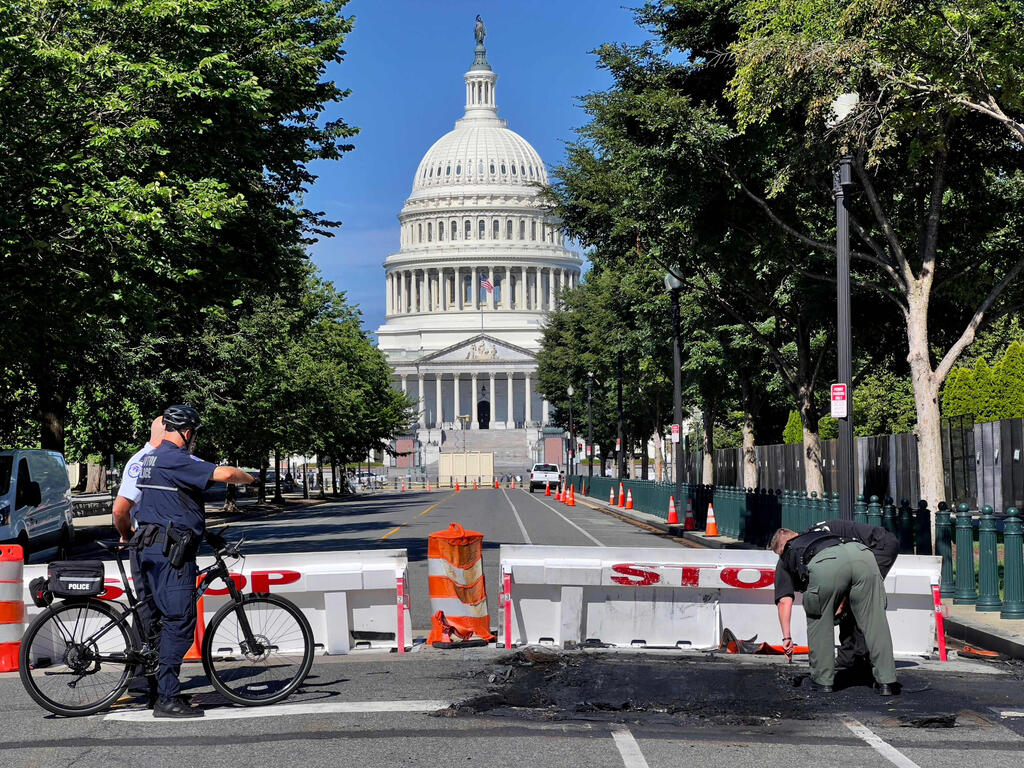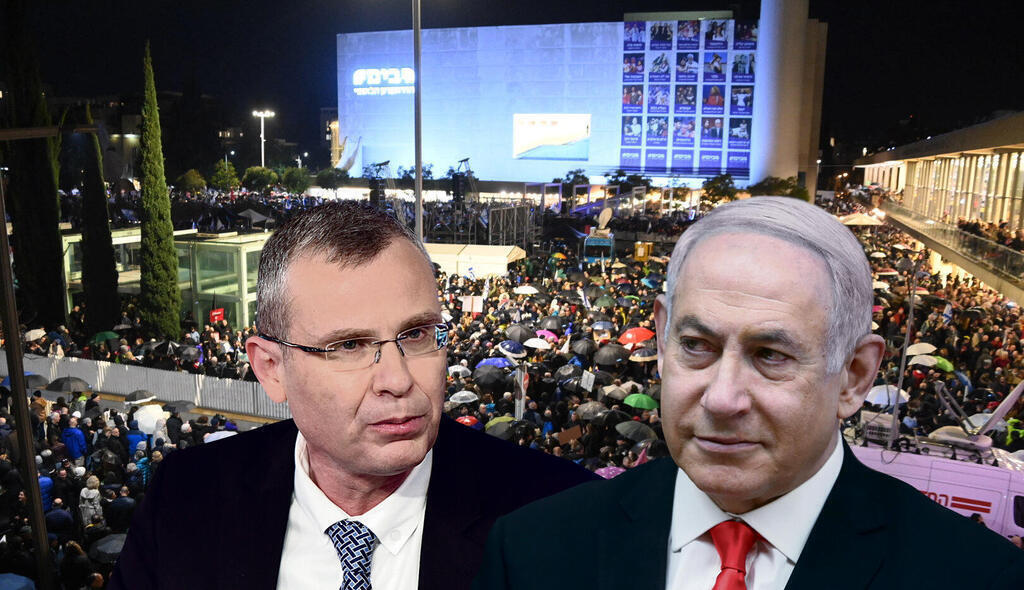Getting your Trinity Audio player ready...
In my 21 years at the Foreign Ministry, I headed diplomatic missions in some challenging places. As Israel's first ambassador to the Baltic states, namely Latvia, Lithuania and Estonia, I had to deal with their past, which included cooperation with the Nazis.
In South Africa, I heard a lot about our so-called apartheid. There were several instances in which officials refused to confer with me, and I received my share of criticism.
But despite all the challenging roles, I'd like to discuss a somewhat lighter one, when I served as a congressional liaison in Washington and try to imagine, and if you will, what's going on with the person currently filling that role.
I was a young junior diplomat, but almost every door was opened to me, including of those who rarely take the time to meet diplomats, for one simple reason - I represented Israel, the beacon of democracy in an autocratic Middle Eastern landscape.
It had its perks, not the least of which was billions in annual foreign aid, first-class weaponry and support in developing important ballistic countermeasures like the Iron Dome missile defense system. There was also the issue of American veto on harsh UN Security Council resolutions targeting Israel.
I'm not naive enough to think that shared democratic values are the only reason for this bounty. Interests and pressure groups are a part of this as well.
Still, values are permanent, but we won't know how substantial they are until they wither away and disappear. I can only imagine the challenges my replacement has to face in the days of judicial reform considerations throwing sand in the gears of the Israeli-American alliance.
Yes, in the states, Senators confirm Supreme Court nominations with a simple majority, but they have to be nominated by the president first. There is a complete separation of powers.
What would my successor be able to say to an American legislator when he points out the fact that the coalition appoints, promotes and if need be, fires judges? How will he answer the question of who guarantees judicial independence? How will he explain what prevents the government from acting on a whim, potentially compromising the equal administration of justice under the law?
Ever since 1789, the U.S. Constitution has had only 27 amendments confirmed out of thousands of petitions served. The amendment limiting a president to no more than two terms took four years of debating to complete. That said, only one president, Franklin Delano Roosevelt, ever served more than two terms prior to that.
We only have Basic Laws, which is our closest equivalent to a constitution. That said, we've been witnessing how easily amendable they are whenever the corresponding political need arises, so that brings us to another question: What are Israel's guiding principles?
Back in my day, much time was dedicated to visiting leaders on Capitol Hill. The prime minister, the defense minister, and foreign minister. All of them had their annual visit. When they came by, they asked to confer with like-minded legislators, to help deepen bilateral cooperation.
At the moment, that isn't happening and my successor doesn't have to deal with those scheduling issues, and that's a shame.
I wholeheartedly wish for that task to be needed once again and that the Israeli representatives would have the proper answers to the fundamental questions posed by their American counterparts.




